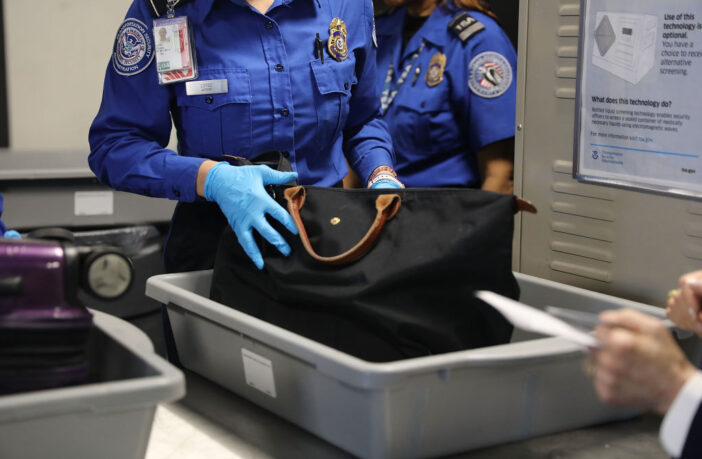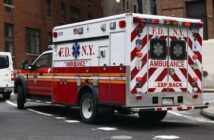by Daniel Johnson
July 23, 2024
There are already some liquids that can be packed above the 3.4 ounce limit, but they are mostly medical necessities.
In response to some European airlines dropping the 3-1-1 rule, some American airlines are considering relaxing the rule as well. The 3-1-1 rule gets its name from the requirements: liquids must be in containers of 3.4 ounces or less (the “3”), fit into a single 1-quart bag (the “1”), and fliers are allowed only one such bag (the final “1”).
This guideline, introduced after the September 11, 2001, attacks, was part of a broader reassessment of airline security protocols. Technological advancements may now pave the way for changes to this long-standing restriction.
According to Conde Nast Traveler, although the European airlines anticipated rolling back their liquid cap rules by June 1, the slow rollout of new computed tomography (CT) machines prohibited them from doing so. The new machines have the capability of detecting any hazardous materials that are packed inside of a passenger’s suitcase or bag, eliminating the need to cap liquid sizes at 3.4 ounces.
In America, however, the Transportation Security Administration (TSA) has only acknowledged that it expects “the limit on liquids will be lifted in the coming years,” and the limit remains in effect. Despite this, there are still some liquids that can be packed above the 3.4 ounce limit, but they are mostly medical necessities.
The items are: clearly labeled medicine that is prescribed for a passenger, medically necessary liquids, gels and aerosols (they must be of a reasonable quantity and declared to security officers beforehand), breast milk and baby formula, baby and toddler food and drinks, liquid teethers, ice, gel, and freezer packs as well as IV bags, pumps, syringes, and other medical accessories, fresh eggs, (the carton may be separated and inspected by the TSA officer), live fish and coral in water (some airlines also permit live lobster in a clear, plastic, spill-proof container), biological specimens (as long as they are non-infectious and in solution as well as clearly marked and labeled), non-spillable wet batteries, and duty-free purchased items in sealed bags.
RELATED CONTENT: Global Tech Outage Disrupts Banks, Businesses And Flights



